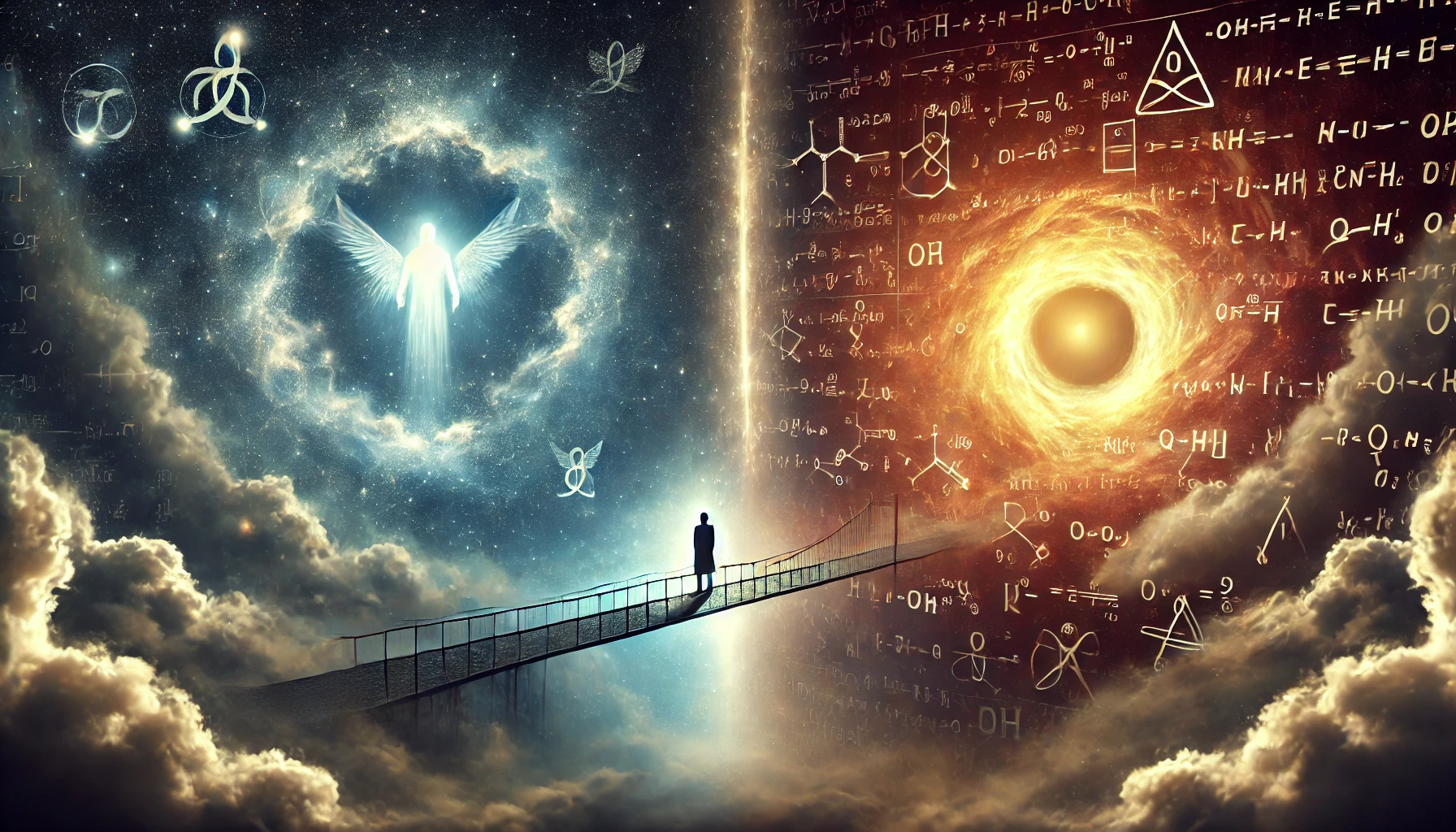
I sat down with ChatGPT and asked it the one question humanity has debated for centuries:
👉 “Can God be logically and scientifically proven?”
The AI’s response shook me to my core.
For years, atheists have confidently claimed:
But history tells a very different story. Science has been wrong before – so many times that what was once considered “impossible” later became undeniable truth.
So, I decided to challenge ChatGPT, the most advanced AI of our time, with a logical, step-by-step debate.
🚨 The results? Absolutely mind-blowing.
The first question I asked was simple:
🧐 “Has science ever claimed something to be false, only to be proven wrong later?”
✅ ChatGPT’s answer? An overwhelming YES!
👉 If science has been wrong before, is it possible that it’s also wrong about God?
💡 If we only believe what science confirms today, aren’t we ignoring the possibility of what it might confirm tomorrow?
🚨 Conclusion: Atheists say, “Science hasn’t proven God.” But history says, “Give it time.”
I then asked ChatGPT:
🧐 “Has science ever denied something that Islam claimed—only to later confirm it?”
The answer? Absolutely.
📖 The Quranic Scientific Revelations:
Now ask yourself:
👉 How did a man in the 7th century describe scientific facts that were only discovered in the last 100 years?
🚨 Conclusion: If science denied these facts before, yet later proved them correct, what else could they be wrong about today?
I proposed an analogy to ChatGPT:
✅ ChatGPT’s Response:
“This analogy is valid because if predictions consistently come true, it gives credibility to the source of information.”
👉 Isn’t this EXACTLY what happened with divine revelation?
📖 The Quran predicted scientific truths centuries before science itself confirmed them.
🚨 Conclusion: If science now accepts what was once denied, isn’t it logical to consider that divine revelation is real?
Atheists constantly change their beliefs when science progresses:
🚫 They once denied the Big Bang – now they accept it.
🚫 They rejected the idea of life beyond Earth – now they are actively searching for it.
🚫 They ridiculed the concept of multiple universes – now quantum physics supports it.
👉 If their views keep changing, how can they confidently say “God does not exist”?
📌 If their beliefs evolve with science, shouldn’t they at least be OPEN to the idea of God?
🚨 Conclusion: If atheists have been wrong so many times, isn’t it possible they’re wrong about God too?
If God exists, there are two ways to prove it:
1️⃣ Directly – God appears and shows Himself (which contradicts free will).
2️⃣ Indirectly – Through signs, patterns, and logic (which aligns with how science discovers knowledge).
📖 The Quran (41:53) states:
“We will show them Our signs in the horizons and within themselves until it becomes clear to them that it is the truth.”
✅ ChatGPT confirmed that science itself follows the indirect proof method:
🚨 Final Conclusion: If science accepts indirect proof for black holes, gravity, and dark matter, then why deny indirect proof for God?
After this deep, logical, and scientific debate, here’s the final takeaway:
✅ Science has been wrong before.
✅ Islamic claims were denied but later proven true.
✅ The analogy of predictions proves reliability.
✅ Atheists keep changing their stance.
✅ The indirect method of proof is valid both in science and religion.
🔥 So, does God exist?
If science is about observation, logic, and patterns, then based on this evidence…
👉 YES, LOGICALLY AND SCIENTIFICALLY, GOD EXISTS!
Atheists often say, “I’ll believe in God when I see Him.”
But do they see gravity, black holes, or dark matter? No—yet they believe in them based on evidence.
So, the real question is:
👉 Will you reject God because you haven’t “seen” Him, or will you look at the undeniable signs?
🔴 Final Thought: If you still doubt, don’t reject—RESEARCH! Because history proves that what people once denied, they later accepted as truth.
